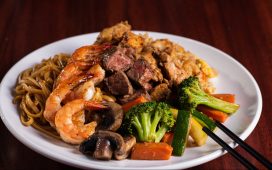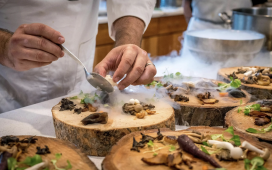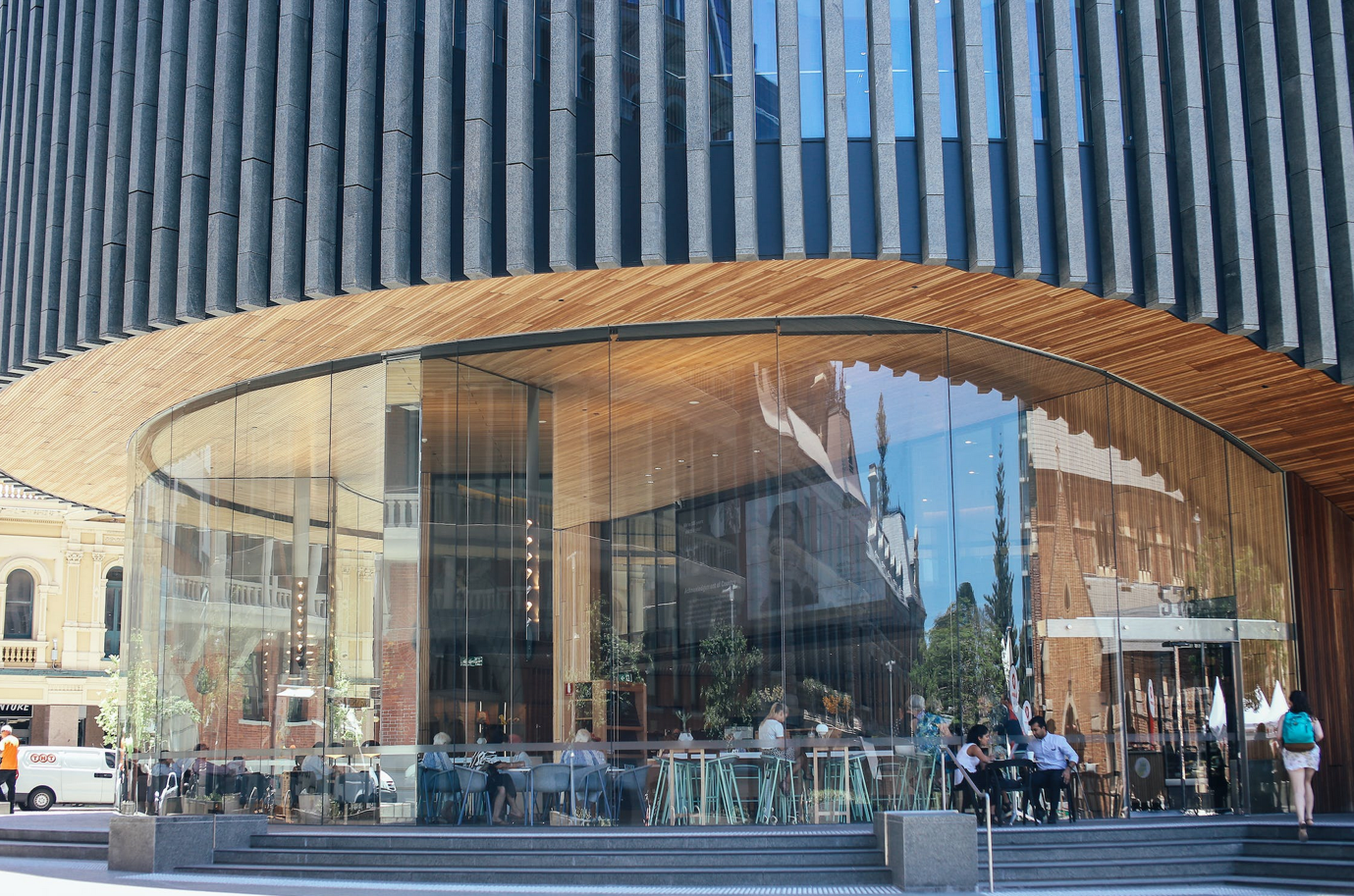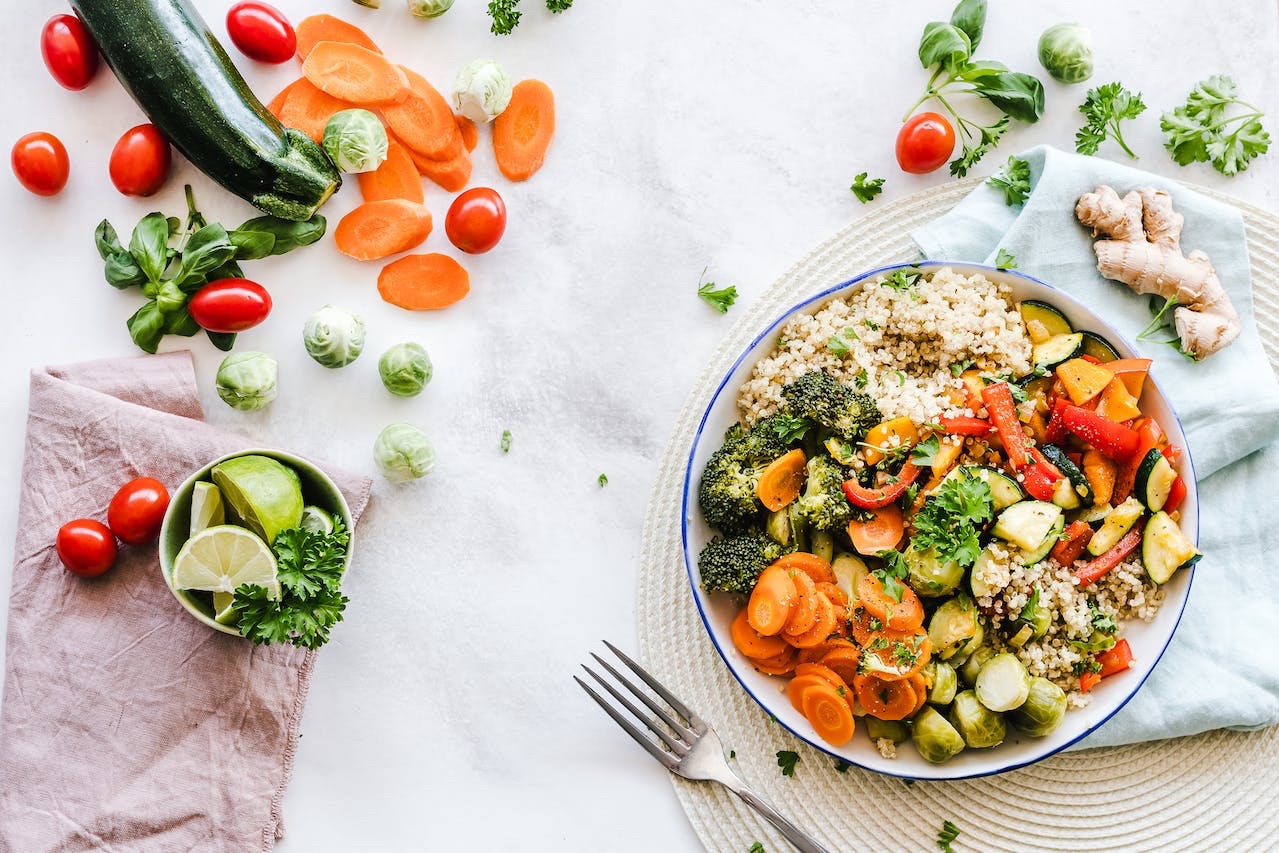Table Of Contents
Eating well is one of the great pleasures of life. That’s why the kitchen table, where families congregate for daily meals, is the centre of the household and why breaking bread with friends and loved ones is a cultural bedrock.
As people get older, their bodies need the right nutrition. Here are a few dietary hacks that every senior should know.
Water is Essential
It may be simple and everywhere, but drinking water is one of the best things an older person can do to stay healthy. Staying hydrated is extra important as people age, as dehydration can cause health issues like dizziness, confusion, constipation, and urinary tract infections.
Try to drink eight cups daily. Eating certain foods with water in them, like cucumber or watermelon, also helps. It may seem counterintuitive, but certain beverages like coffee and alcohol can actually make you dehydrated. Limiting their intake is advisable.
Balanced Food Groups
Seniors can enjoy eating a healthy mix of all the good groups to reduce the risk of heart disease, high blood pressure, and diabetes. Fruits and vegetables as a snack throughout the day are great, or you can blend them into your meals. Serve a chopped salad with soup for lunch, or eat berries as a dessert.
Many seniors tend to reduce their meat intake, but foods like fish and protein are a common way to get protein. Eating food with loads of vitamin B12, such as cereals and grains, is an excellent way to keep the body regulated and balanced.
Residents of leading senior homes get to enjoy having a cook plan, prepare, and clean all these healthy and delicious meals for them. Many seniors enjoy offloading these tasks to someone else after years of doing this labour themselves.
As outlined above, drinking water is also essential.
Reduce Sodium
Many health experts recommend that seniors reduce their sodium intake by eating less salt. This can be challenging since salt is a core seasoning that makes food taste more like itself.
To offset this, try using other seasonings, like lemon, lime, spices, or herbs. Food needs to be flavourful to be delicious, but there’s lots more to seasoning than salt.
Calcium and Vitamin D
Finally, dairy can be a great source of calcium for older adults. Foods like milk, cheese, and yogurt are excellent in moderation. Fortified soy is another great calcium source, plus it’s a common alternative to meat.
To get vitamin D, consider drinking orange juice (some brands add calcium, too) or taking supplements. Health Canada recommends that adults over 50 should take a vitamin D supplement daily. You can eat your vitamins in food or pills, so long as you get them.
Revelling in the flavour and culture of food is one of life’s great pleasures. People tend to refine and improve their palettes over the years as they define their tastes and learn more about cuisine from other places. So long as seniors keep the above dietary tips in mind, they’ll eat joyous meals for years to come.






